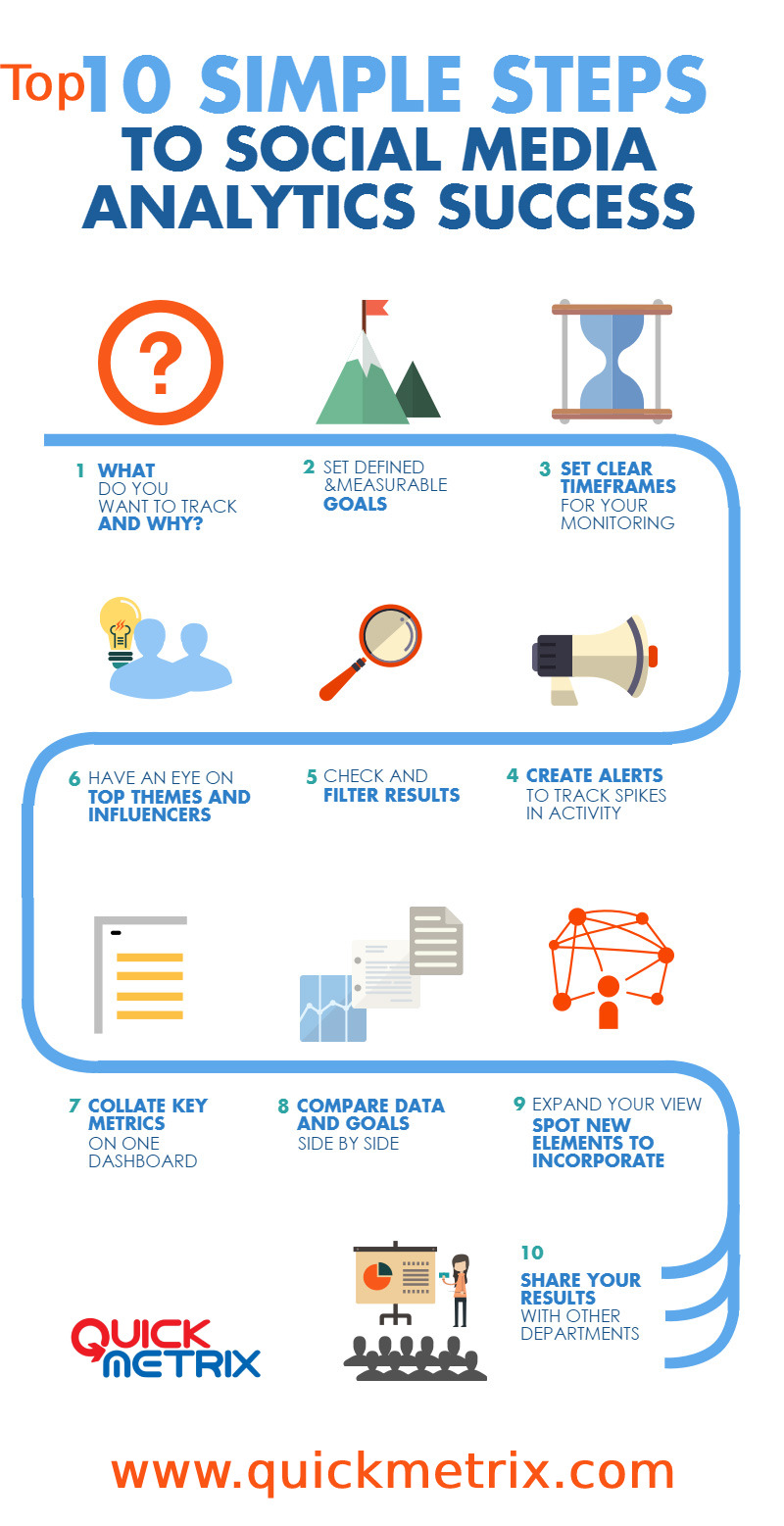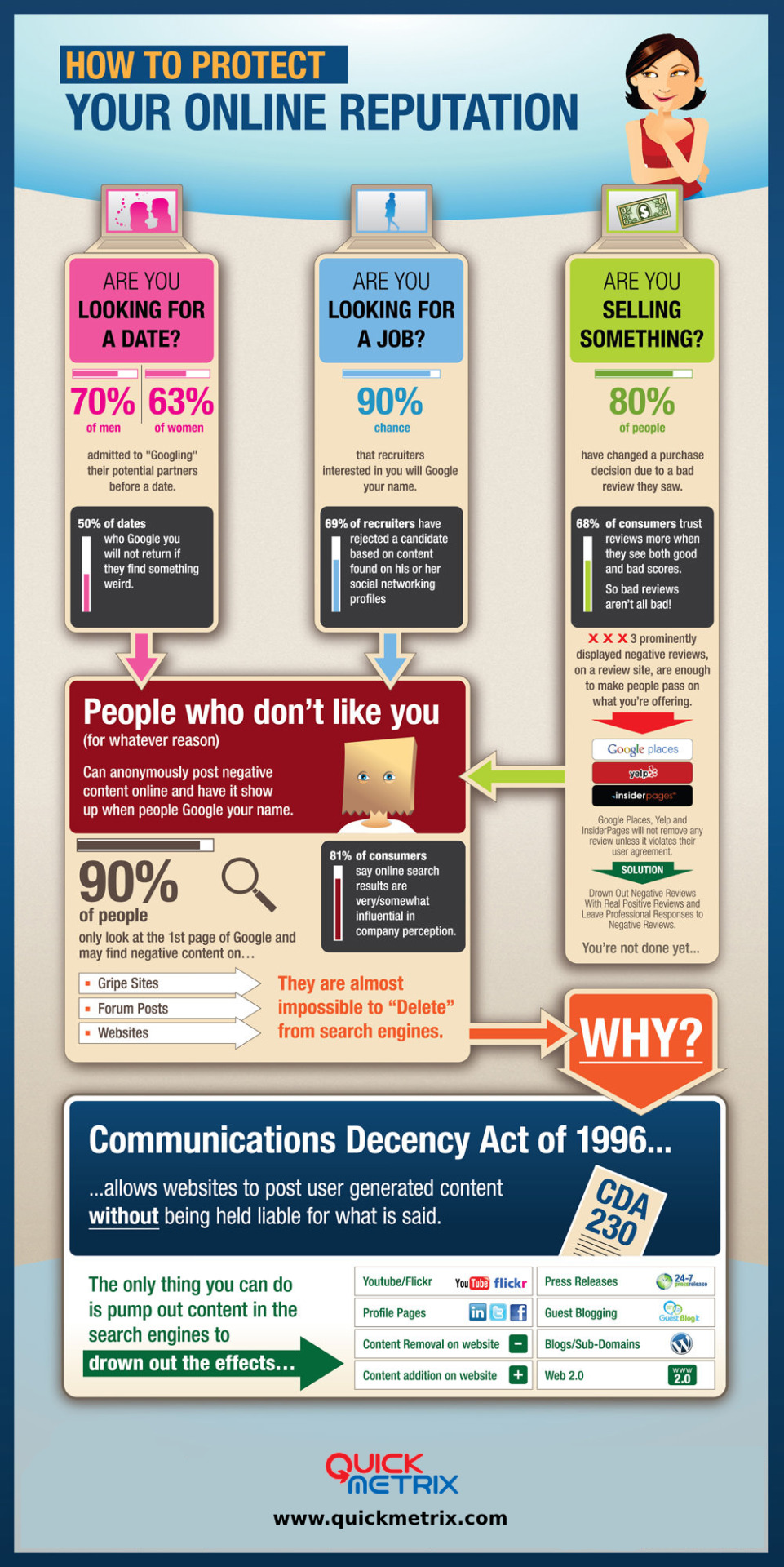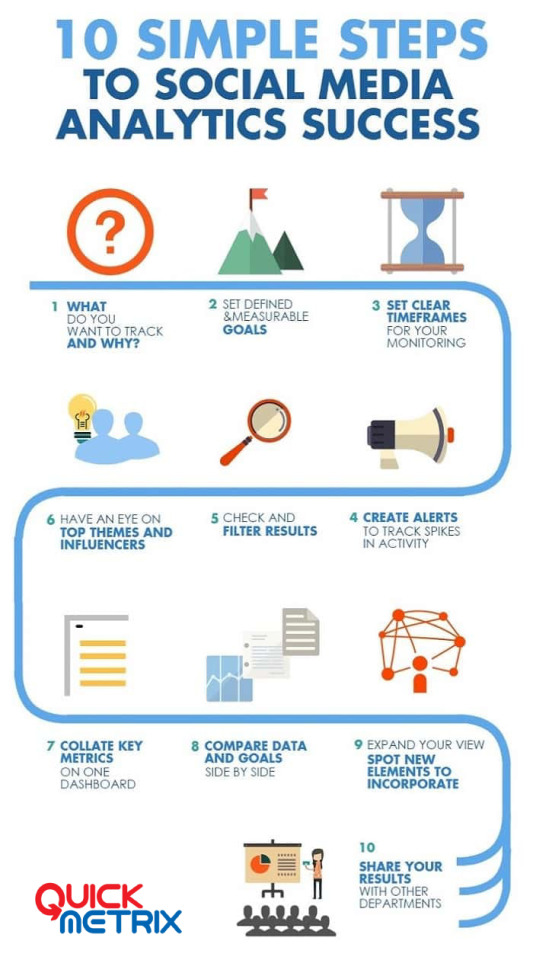Don't wanna be here? Send us removal request.
Text
Analyzing social media data has become increasingly crucial for gaining insights into user behavior, market trends, and overall public sentiment. Advanced techniques in social media data analysis involve utilizing sophisticated tools and methodologies to extract meaningful information.
#Social Media Analytics#Online Reputation Management India#India ORM Services#ORM Solutions India#Best ORM Company India#Online Brand Protection India#Reputation Repair India#India Reputation Monitoring#India Reputation Cleanup#Personal Brand Management India#Online Image Repair India#Corporate Reputation India#India ORM Strategies#ORM for Small Businesses India#India Reputation Crisis#Affordable ORM Services India#ORM Expert India#India Online Image Management#Local Business Reputation India#ORM for Startups India#India Reputation Building
0 notes
Text
Social media has become an integral part of business strategies, offering a direct channel to connect with the target audience. To harness the full potential of social platforms, businesses need more than just an online presence—they need actionable insights. That's where social media analytics comes into play.
#Social Media Analytics#Online Reputation Management India#India ORM Services#ORM Solutions India#Best ORM Company India#Online Brand Protection India#Reputation Repair India#India Reputation Monitoring#India Reputation Cleanup#Personal Brand Management India#Online Image Repair India#Corporate Reputation India#India ORM Strategies#ORM for Small Businesses India#India Reputation Crisis#Affordable ORM Services India#ORM Expert India#India Online Image Management#Local Business Reputation India#ORM for Startups India#India Reputation Building
0 notes
Text
Social media has become an integral part of any business's marketing strategy. With the vast amount of data generated on these platforms, it's crucial to harness the power of social media analytics tools to make informed decisions and drive success. In this article, we'll guide you through the process of choosing the right social media analytics tools tailored to your business needs.
#Social Media Analytics#Online Reputation Management India#India ORM Services#ORM Solutions India#Best ORM Company India#Online Brand Protection India#Reputation Repair India#India Reputation Monitoring#India Reputation Cleanup#Personal Brand Management India#Online Image Repair India#Corporate Reputation India#India ORM Strategies#ORM for Small Businesses India#India Reputation Crisis#Affordable ORM Services India#ORM Expert India#India Online Image Management#Local Business Reputation India#ORM for Startups India#India Reputation Building
0 notes
Text
Social media has become an integral part of business strategies, offering a direct channel to connect with the target audience. To harness the full potential of social platforms, businesses need more than just an online presence—they need actionable insights. That's where social media analytics comes into play.
#Social Media Analytics#Online Reputation Management India#India ORM Services#ORM Solutions India#Best ORM Company India#Online Brand Protection India#Reputation Repair India#India Reputation Monitoring#India Reputation Cleanup#Personal Brand Management India#Online Image Repair India#Corporate Reputation India#India ORM Strategies#ORM for Small Businesses India#India Reputation Crisis#Affordable ORM Services India#ORM Expert India#India Online Image Management#Local Business Reputation India#ORM for Startups India#India Reputation Building
0 notes
Text
Online Reputation Management involves monitoring, addressing, and mitigating online reviews, comments, and mentions that can impact an individual or business's image. As we navigate the tools available, it's essential to grasp the dynamics of ORM and its significance in the digital realm.
#Online Reputation Management India#India ORM Services#ORM Solutions India#Best ORM Company India#Online Brand Protection India#Reputation Repair India#India Reputation Monitoring#India Reputation Cleanup#Personal Brand Management India#Online Image Repair India#Corporate Reputation India#India ORM Strategies#ORM for Small Businesses India#India Reputation Crisis#Affordable ORM Services India#ORM Expert India#India Online Image Management#Local Business Reputation India#ORM for Startups India#India Reputation Building
0 notes
Text
The advent of Artificial Intelligence (AI) has revolutionized the way businesses manage their reputation. This article delves into the significance of AI-driven reputation tools and how they can elevate your brand's image in the ever-evolving market.
0 notes
Text
In a world dominated by online interactions, your brand's image is no longer confined to traditional avenues. AI Reputation Management acts as a digital guardian, meticulously curating and crafting your brand narrative. Say goodbye to scattered online mentions and welcome a cohesive, positive brand identity.
0 notes
Text

ORM, or Object-Relational Mapping, is a programming technique that helps developers interact with relational databases using an object-oriented programming approach. ORM tools provide a layer of abstraction between the application code and the database, simplifying data manipulation and retrieval. Here are several ways in which ORM tools can be beneficial:
Simplified Database Interactions: ORM tools eliminate the need for complex SQL queries, allowing developers to interact with the database using familiar object-oriented programming concepts. This simplifies database operations and reduces the amount of boilerplate code. Cross-Database Compatibility:
ORM tools provide a level of abstraction that makes it easier to switch between different database systems. This can be beneficial if your application needs to support multiple database management systems without extensive code changes.
Code Reusability: ORM promotes code reusability by encapsulating database-related logic into reusable components. This helps in maintaining a clean and modular codebase, reducing redundancy and promoting a more efficient development process.
Object-Oriented Paradigm: Developers can work with database entities as objects, mirroring the object-oriented paradigm used in programming languages like Java, Python, or C#. This makes it more intuitive and easier to work with data in an application.
Automatic Query Generation: ORM tools often generate SQL queries automatically based on the object-oriented code. This reduces the need for developers to write complex SQL queries manually, saving time and reducing the chance of errors.
Database Abstraction: ORM abstracts away the intricacies of the underlying database structure. Developers can work with high-level entities and relationships, without having to be deeply concerned with the specific details of the database schema.
Improved Readability and Maintainability: ORM tools enhance code readability by using a more natural, object-oriented syntax for database operations. This makes it easier for developers to understand and maintain the codebase, especially when dealing with complex data models.
Transaction Management: ORM tools often provide built-in support for transaction management. This ensures that database transactions are handled consistently and reliably, preventing data inconsistencies and errors.
Performance Optimization: Many ORM tools include features for optimizing database queries and performance. They may provide caching mechanisms, lazy loading, and other optimizations to enhance the efficiency of database interactions.
Rapid Development: ORM tools accelerate the development process by providing a higher level of abstraction. This allows developers to focus more on application logic rather than getting bogged down with low-level database operations. While ORM tools offer numerous advantages, it's essential to choose the right tool for the specific requirements of your project. Different ORM frameworks may have distinct features and performance characteristics, so selecting the one that aligns with your project goals is crucial.
0 notes
Text

Top 10 Point Checklist for Effective Social Media Analytics
Define Goals and Objectives: Clearly outline your social media goals and objectives. Whether it's increasing brand awareness, driving website traffic, or boosting engagement, having defined goals will guide your analytics efforts. Identify Key Performance Indicators (KPIs):
Determine the specific metrics that align with your goals. KPIs could include likes, shares, comments, click-through rates, conversion rates, and follower growth. Choose metrics that directly reflect the success of your social media strategy.
Use Analytics Tools: Utilize social media analytics tools provided by platforms (e.g., Facebook Insights, Twitter Analytics) and third-party tools (e.g., Google Analytics, Hootsuite, Buffer). These tools offer in-depth insights into audience behavior, engagement, and content performance. Track Audience Demographics:
Understand your audience by analyzing demographics such as age, gender, location, and interests. This information helps tailor your content to better resonate with your target audience.
Monitor Engagement Metrics: Regularly track metrics related to engagement, such as likes, shares, comments, and retweets. High engagement indicates that your content is resonating with your audience.
Evaluate Reach and Impressions: Measure the reach and impressions of your posts to assess how far your content is spreading. This provides insights into the effectiveness of your social media campaigns in terms of visibility.
Analyze Content Performance: Evaluate the performance of different types of content (images, videos, links) and identify trends. Determine which content resonates best with your audience and adjust your content strategy accordingly.
Monitor Conversion Metrics: If applicable, track conversion metrics to assess the impact of your social media efforts on business goals. This may include website clicks, form submissions, or product purchases.
Competitor Analysis: Conduct regular analyses of your competitors' social media performance. Identify strategies that are working well for them and assess how your brand compares. This can provide valuable insights for refining your own approach.
Generate Reports and Insights: Compile regular reports summarizing key analytics data. Use these reports to identify trends, successes, and areas for improvement. Reporting helps in making data-driven decisions for optimizing your social media strategy.
Remember, social media analytics is an iterative process. Regularly review and refine your strategy based on the insights gained from analytics data to continually improve your social media presence and achieve your business objectives.
0 notes
Text

Reputation management in digital marketing is a crucial aspect that involves monitoring, influencing, and managing how a brand or individual is perceived online. In the digital age, where information spreads rapidly through various online channels, maintaining a positive reputation is essential for business success.
0 notes
Text

Why Should Businesses be Concerned about ORM?
Businesses should be concerned about Online Reputation Management (ORM) for several compelling reasons:
Customer Perception
Trust and Credibility
Competitive Advantage
Customer Engagement
SEO and Visibility
Attracting Talent
Crisis Management
Feedback for Improvement
Legal and Regulatory Compliance
Brand Image and Longevity
#manage online reputation#online reputation control#manage reputation#online reputation#reputation management in digital marketing#online reputation management orm#online reputation companies
0 notes
Text

what are the top online reputation management tools?
Online reputation management tools are essential for monitoring, improving, and protecting your brand's online image. While QuickMetrix doesn't appear to be a well-known tool in this category as of my last knowledge update in January 2022, I can provide you with a list of some reputable and widely recognized online reputation management tools.
#manage online reputation#online reputation control#manage reputation#online reputation#reputation management in digital marketing#online reputation management orm#online reputation companies
0 notes
Text

Differnce between social media listening, Social media analitics and social media managament?
Social media listening, social media analytics, and social media management are three distinct activities related to managing an online presence on social media platforms.
#social monitoring tools#social listening#social media listening#free social listening tools#listening social media#social listening what is
0 notes
Text

How protect your brand's reputation
With the power of social media and online reviews, information spreads rapidly, making it essential for businesses to safeguard their reputation. This article will guide you through effective strategies to protect and enhance your brand's reputation, ensuring that it remains untarnished in the eyes of your customers and the public.
#social media listening tools#social listening tools#social media monitoring tools#social monitoring tools#social listening#social media social listening
0 notes
Text

Social Media Listening Tool: Unlocking the Power of Online Conversations
Social media listening, also known as social media monitoring or social media intelligence, refers to the process of tracking and analyzing conversations happening on various social media platforms. It involves monitoring mentions, comments, and discussions related to specific keywords, topics, or brands.
#social media analytics success tips#how to achieve social media analytics success#beginner's guide to social media analytics success#social media analytics success strategies#social media analytics success examples
0 notes
Text

10 simple step to social media analytics success
Understanding the Importance of Social Media Analytics Define Your Goals and Objectives Identify Key Metrics to Measure Choose the Right Social Media Analytics Tools Set Up Tracking and Monitoring Systems Collect and Analyze Data Gain Insights and Make Data-Driven Decisions Monitor Competitors and Industry Trends Optimize Your Social Media Strategy Measure and Track Progress
#Understanding the Importance of Social Media Analytics#Define Your Goals and Objectives#Identify Key Metrics to Measure#Choose the Right Social Media Analytics Tools#Set Up Tracking and Monitoring Systems#Collect and Analyze Data#Gain Insights and Make Data-Driven Decisions#Monitor Competitors and Industry Trends#Optimize Your Social Media Strategy#Measure and Track Progress
0 notes
Text

Best Online Reputation Management Services for Individuals: Regain Your Digital Image
Discover the top-rated online reputation management services for individuals and regain control over your digital image. Enhance your online presence with expert guidance.
#Social Media Management#Content Creation and Promotion#Keyword Monitoring and Analysis#Online Review Management#Search Engine Optimization (SEO)
0 notes